How Workday® Finance Simplifies Tax and Reporting

Tax and regulatory reporting has long been a source of complexity for finance teams. Legacy ERP systems often rely on bolt-on tax engines, manual reconciliations, and fragmented reporting tools, leaving organisations exposed to errors, delays, and compliance risks.
Workday® this by embedding tax and reporting capabilities directly into its unified data model. The result: real-time visibility, automated compliance, and streamlined processes that reduce risk while freeing finance teams to focus on strategic work.
1. Unified Data Model for Accuracy
- Single source of truth: Transactions, payroll, HR data, and financial information live within the same Workday® environment.
- Automatic consistency: Tax codes, reporting rules, and compliance parameters are applied across all relevant modules — no need for duplicate data entry.
- Real-time updates: Changes in employee data, supplier information, or regulatory rules flow directly into reporting outputs.
Why it matters: Traditional systems often require finance teams to reconcile disparate data sources before filing. Workday® eliminates the reconciliation step, lowering error rates and improving audit readiness.
2. Automated Tax Configuration & Compliance
- Built-in tax rules: Workday® provides global tax frameworks that can be configured to local requirements (VAT, GST, sales tax, withholding).
- Continuous compliance updates: Cloud delivery ensures tax codes and regulatory changes are incorporated without heavy IT intervention.
- Rule-based automation: Workday® automatically calculates and applies the correct tax treatments based on jurisdiction, entity, or transaction type.
Why it matters: Finance teams no longer need to manually interpret complex, frequently changing tax laws — reducing compliance risk and reliance on third-party tax engines.
3. Streamlined Regulatory Reporting
- Standardised templates: Out-of-the-box reports for statutory, management, and compliance purposes.
- Flexible configuration: Reports can be adapted to meet country-specific filing requirements or internal stakeholder needs.
- Audit-ready outputs: Full drill-down from summary to transaction level ensures traceability and transparency.
Why it matters: Instead of cobbling together multiple reports across spreadsheets and systems, finance leaders get reliable outputs faster — ready for regulators, auditors, or executive review.
4. Real-Time Analytics & Insights
- Embedded reporting: Tax and compliance data isn’t siloed — it’s integrated into dashboards and financial planning.
- Predictive forecasting: Workday® uses historical and current data to project tax liabilities, cash flow impacts, and compliance risks.
- Self-service capabilities: Finance and tax teams can access insights directly, without waiting on IT or external consultants.
Why it matters: Taxes and compliance move from being reactive reporting obligations to proactive planning levers — helping leaders anticipate risks and optimise cash flow.
5. Multi-Country & Multi-Entity Support
- Global framework: Workday® supports multiple tax jurisdictions, currencies, and statutory requirements in a single system.
- Entity-level reporting: Easily consolidate or drill down by subsidiary, region, or legal entity.
- Cross-border consistency: Standardisation reduces the risk of misreporting when operating in multiple geographies.
Why it matters: For organisations with global footprints — or those planning expansion — Workday® reduces the friction of scaling into new regions.
6. Audit & Risk Management
- Automated audit trails: Every adjustment, tax calculation, and reporting change is logged for compliance.
- Role-based security: Ensures only authorised users can modify sensitive tax and reporting data.
- Exception alerts: Proactive notifications flag anomalies before they become filing errors.
Why it matters: Finance leaders can demonstrate strong internal controls while reducing the stress and cost of external audits.
Conclusion
Workday® Finance transforms tax and reporting from a reactive, manual process into a strategic, automated capability. By unifying HR, payroll, and finance data, applying automated tax rules, and delivering real-time insights, it:
- Reduces errors and compliance risks.
- Streamlines reporting for multiple jurisdictions and entities.
- Provides finance leaders with actionable insights, not just static outputs.
- Strengthens audit readiness and governance with built-in controls.
For organisations of any size, but especially those with complex reporting requirements, Workday® Finance simplifies the burden of tax and compliance, allowing finance teams to focus less on manual reconciliations and more on business strategy.
If you’re exploring how to make Workday® work harder for your organisation — whether that’s through optimisation, testing, or continuous improvement — click here to get in touch with us. Our team would love to share what we’ve seen work best.






